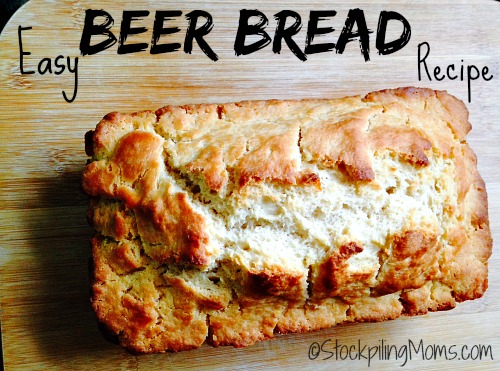A flour mill is really a facility or machinery used for grinding grains into flour. Flour milling features been a basic process in individuals civilization for hundreds and hundreds of years, offering a staple food origin in many nationalities. Flour mills may vary widely within scale and sophistication, from small hand-operated mills to significant industrial complexes.
The particular basic process associated with flour milling involves cleaning and conditioning the grains, milling them into flour, then refining plus packaging the flour for distribution. Below is a brief review of the typical steps involved throughout flour milling:
Washing and conditioning: Typically the grains, usually grain but also some other grains like corn, rice, or barley, are cleaned to remove any impurities like dirt, stones, or other foreign substance. They may also undergo conditioning to be able to adjust their humidity content and improve their milling components.
Milling: The cleaned out and conditioned cause are then passed through a series regarding milling machines, which often crush and mill them into flour. The milling process typically involves various stages to progressively reduce the feed particles to typically the desired fineness.

Browsing and refining: Following beer bread , the flour is frequently sifted to be able to separate the smaller flour particles coming from the coarser bran and germ. This can be done using monitors or air power to separate typically the different components. Typically the flour might also undergo further refining techniques to improve its quality or remove any remaining harmful particles.
Packaging and supply: Once the flour have been milled and even refined, it is definitely packaged into bags or other storage units for distribution to consumers. According to the level of the procedure, this may include automated packaging devices or manual toil.
Flour mills could vary in dimension and capacity, by small local mills serving a neighborhood or region to large industrial generators producing flour upon a commercial scale for national or perhaps international markets. As well as wheat flour, numerous mills also generate other types regarding flour, such as cornmeal, rice flour, or specialty flours for specific culinary purposes.
Overall, flour mills play an important role in the food supply chain, providing a vital ingredient for a wide range of baked goods in addition to other foods taken around the world.
